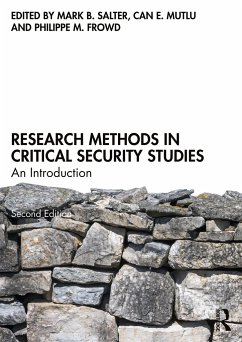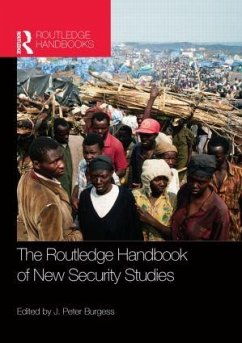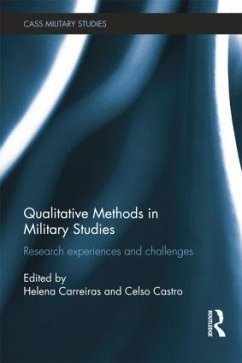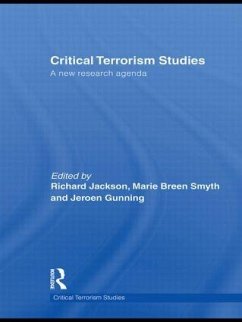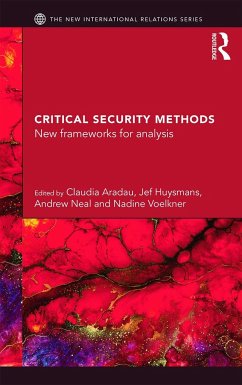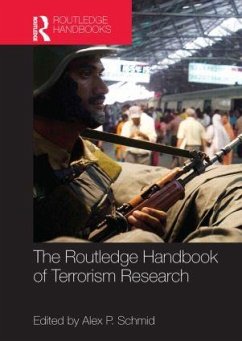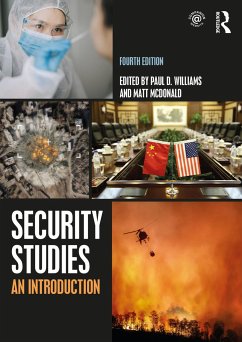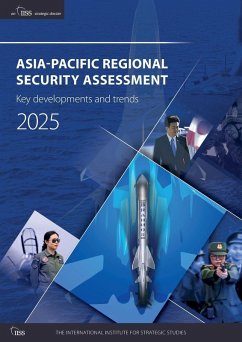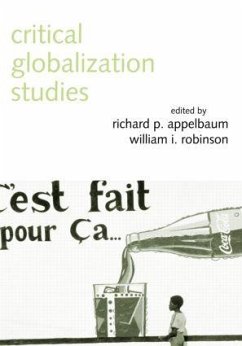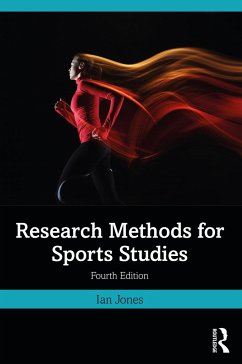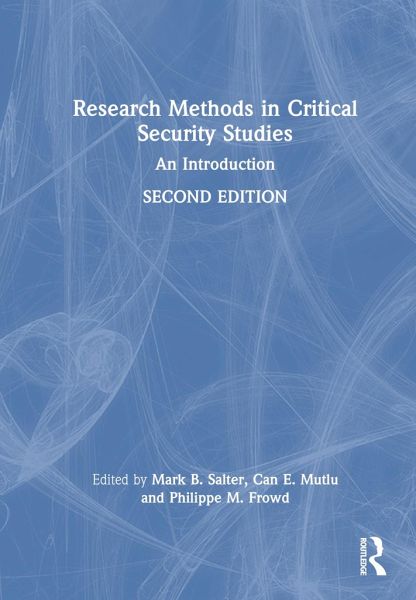
Gebundenes Buch
Research Methods in Critical Security Studies
An Introduction
Herausgeber: Salter, Mark B.; Frowd, Philippe M.; Mutlu, Can E.
Versandkostenfrei!
Versandfertig in 1-2 Wochen

PAYBACK Punkte
75 °P sammeln!




This textbook surveys new and emergent methods for doing research in critical security studies, filling a gap in the literature. The 2nd edition has been revised and updated.
Mark B. Salter is Professor in the School of Political Studies, University of Ottawa, Canada. He is the author/editor of eight books, including Making Things International 1 and 2 (2015 and 2016). He is also Editor-in-Chief of the journal Security Dialogue. Can E. Mutlu is Associate Professor of Global Politics at Acadia University in Wolfville, NS, Canada. His research interests include borders, migration, technology, and security. He is the co-editor of Architectures of Security: Design, Control, Mobility (with Benjamin J. Muller). Philippe M. Frowd is Associate Professor in the School of Political Studies at the University of Ottawa, Canada. His research focuses on the governance of irregular migration and border control in the Sahel region of West Africa. He is the author of Security at the Borders (2018).
Produktdetails
- Verlag: Taylor & Francis Ltd
- 2 ed
- Seitenzahl: 334
- Erscheinungstermin: 12. Mai 2023
- Englisch
- Abmessung: 250mm x 175mm x 23mm
- Gewicht: 704g
- ISBN-13: 9780367621193
- ISBN-10: 0367621193
- Artikelnr.: 67257852
Herstellerkennzeichnung
Libri GmbH
Europaallee 1
36244 Bad Hersfeld
gpsr@libri.de
Für dieses Produkt wurde noch keine Bewertung abgegeben. Wir würden uns sehr freuen, wenn du die erste Bewertung schreibst!
Eine Bewertung schreiben
Eine Bewertung schreiben
Andere Kunden interessierten sich für


